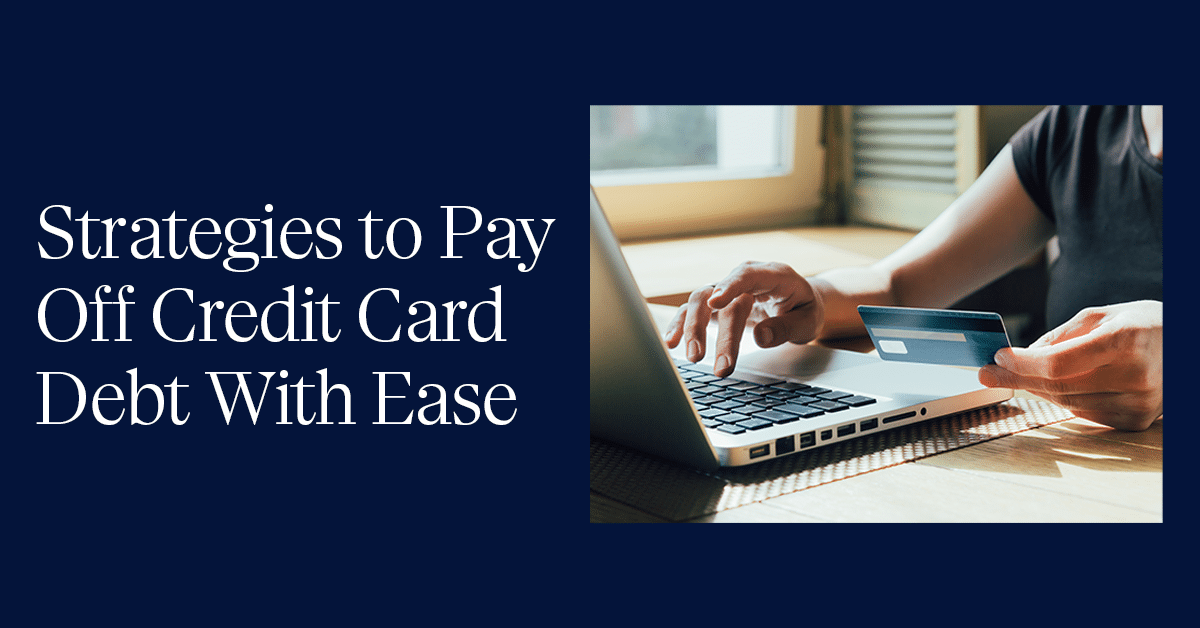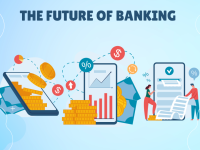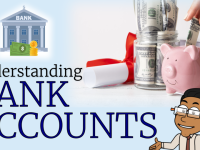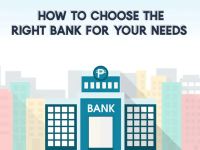Paying off credit card debt can seem daunting, but with the right strategies, it’s achievable. Begin by creating a detailed budget to understand your income and expenses, allowing you to identify areas where you can cut back. Prioritize your debts by focusing on either the highest interest rate (avalanche method) or the smallest balance (snowball method) to build momentum. Consider transferring balances to a card with a lower interest rate or consolidating debts with a personal loan to reduce interest payments. Consistently pay more than the minimum balance each month, and whenever possible, make extra payments using any windfalls or additional income. Staying disciplined and avoiding new debt is crucial to becoming debt-free.

Credit card debt can feel overwhelming, but with the right strategies, you can take control of your finances and eliminate that debt for good. Here are some effective approaches to help you pay off your credit card debt and regain financial freedom.
1. Understand Your Debt Situation
Before you can effectively tackle your credit card debt, you need to understand it. Gather all your credit card statements and make a list of your debts, including the total amount owed, interest rates, and minimum payments. This will give you a clear picture of your financial obligations and help you prioritize your repayment plan.
2. Create a Budget
Creating a budget is a crucial step in managing your finances. Start by tracking your monthly income and expenses to determine how much money you can allocate toward paying off your debt. Look for areas where you can cut back on spending, such as dining out or subscription services, and redirect those funds to your debt repayment.
3. Choose a Repayment Strategy
There are several strategies you can use to pay off your credit card debt. The two most popular methods are the debt snowball and debt avalanche methods.
- Debt Snowball Method: Focus on paying off the smallest debt first while making minimum payments on the others. Once the smallest debt is paid off, move on to the next smallest, and so on. This method can provide quick wins and motivation as you see debts disappearing.
- Debt Avalanche Method: Prioritize paying off the debt with the highest interest rate first, while making minimum payments on others. This approach helps you save money on interest over time.
Choose the method that best suits your financial situation and personal preferences.
4. Consider a Balance Transfer
If you have high-interest credit card debt, consider transferring the balance to a card with a lower interest rate or a 0% introductory rate. This can reduce the amount of interest you pay, allowing you to accelerate your debt repayment. Be sure to read the terms and conditions carefully, as balance transfers may come with fees and time limits.
5. Increase Your Income
Finding ways to increase your income can significantly impact your ability to pay off debt faster. Consider taking on a part-time job, freelancing, or monetizing a hobby. Use any additional income solely for debt repayment to speed up the process.
6. Negotiate with Creditors
Don’t be afraid to reach out to your credit card companies to negotiate better terms. They may be willing to lower your interest rate, reduce your monthly payment, or offer a settlement for a lump sum payment. It never hurts to ask, and it could lead to significant savings.
7. Stay Consistent and Motivated
Paying off credit card debt requires discipline and patience. Stay consistent with your payments and keep track of your progress. Celebrate small victories along the way to stay motivated. Remember, every payment brings you one step closer to being debt-free.
8. Seek Professional Help if Needed
If you’re struggling to manage your credit card debt on your own, consider seeking help from a credit counseling agency. They can provide guidance, help you create a debt management plan, and negotiate with creditors on your behalf.
By following these strategies, you can effectively pay off your credit card debt and pave the way for a healthier financial future. Stay committed, and you’ll soon find yourself free from the burden of credit card debt.




